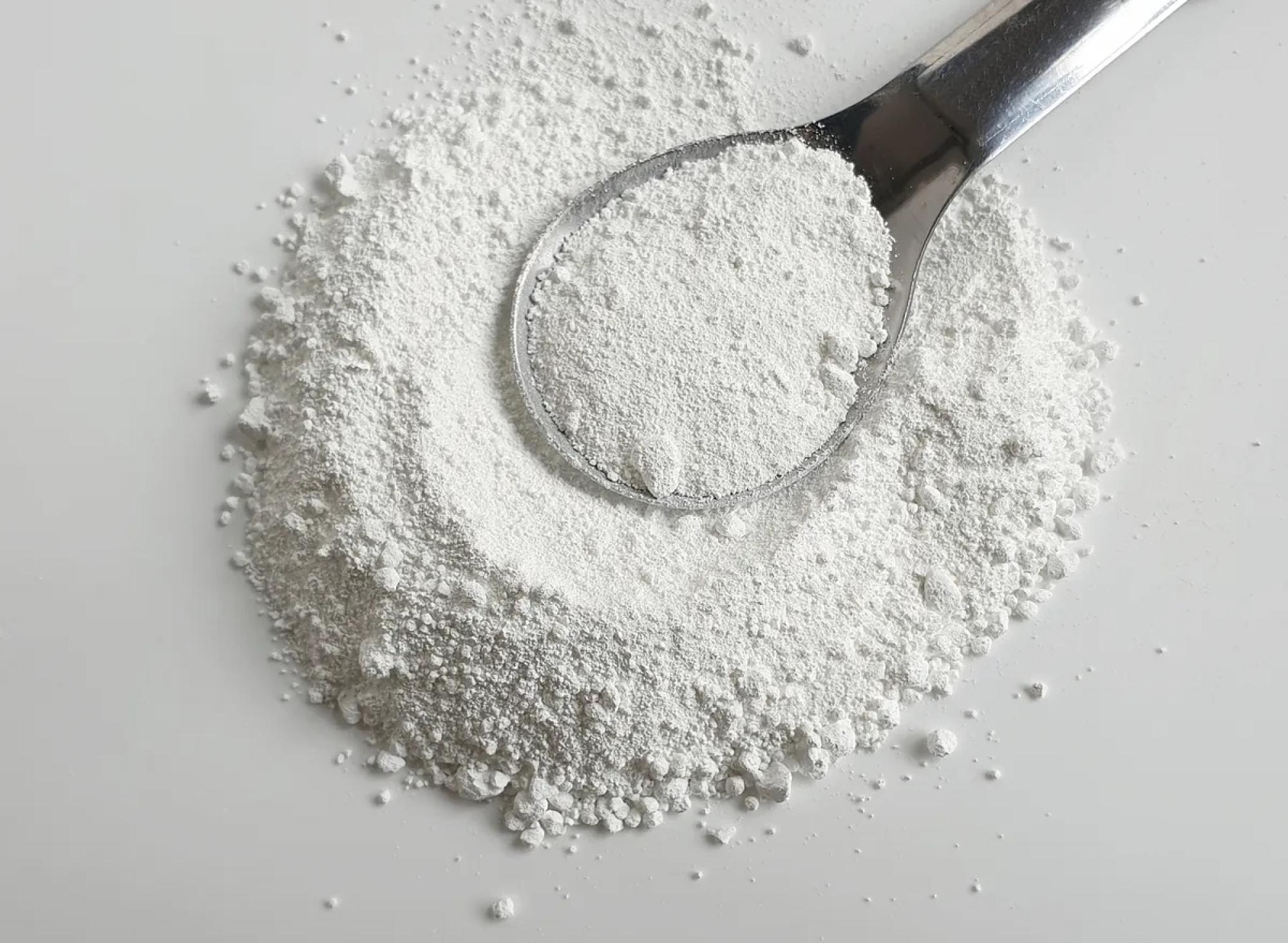Related Stories
Food additive or carcinogen? The growing list of chemicals banned by EU but used in US
Key Excerpts from Article on Website of The Guardian (One of the UK's Leading Newspapers)

Posted: November 7th, 2023
https://www.theguardian.com/environment/2022/jun/23/titanium...
There’s a hidden ingredient used as a whitener in an array of foods. It’s called titanium dioxide, and while commonly used in the US, it’s being banned in the EU as a possible carcinogen. The additive, also known as E171, joins a host of other chemicals that are banned in foods in the European Union but allowed in the US. These include Azodicarbonamide, a whitening agent found in food such as breads, bagels, pizza, and pastries in the US, which has been banned in the EU for more than a decade. The additive has been linked to asthma and respiratory issues in exposed workers and, when baked, to cancer in mice studies. The Food and Drug Administration classifies these food chemicals, and many others prohibited by the EU, as “generally recognized as safe”. Chemical safety processes in the EU and US work in starkly different ways. Where European policy tends to take a precautionary approach – trying to prevent harm before it happens – the US is usually more reactive. And while the EU has consistently updated its methods and processes for evaluating new chemicals, some experts say the US system, set up more than half a century ago, needs updating. In the case of additives like titanium dioxide, manufacturers petition the FDA for its approval by submitting evidence that the substance is safe for its intended use. The FDA evaluates the application, and will authorize the additive if it concludes the data provided demonstrates that the substance is safe to use.
Note: Unlike other countries, the U.S. is known to raise objections to the regulation of toxic chemicals in our food, with its regulatory agencies having deep financial ties to powerful food and agrichemical industries. For more along these lines, see concise summaries of deeply revealing news articles on food system corruption from reliable major media sources.
Related Stories
Latest News
Key News Articles from Years Past












































































